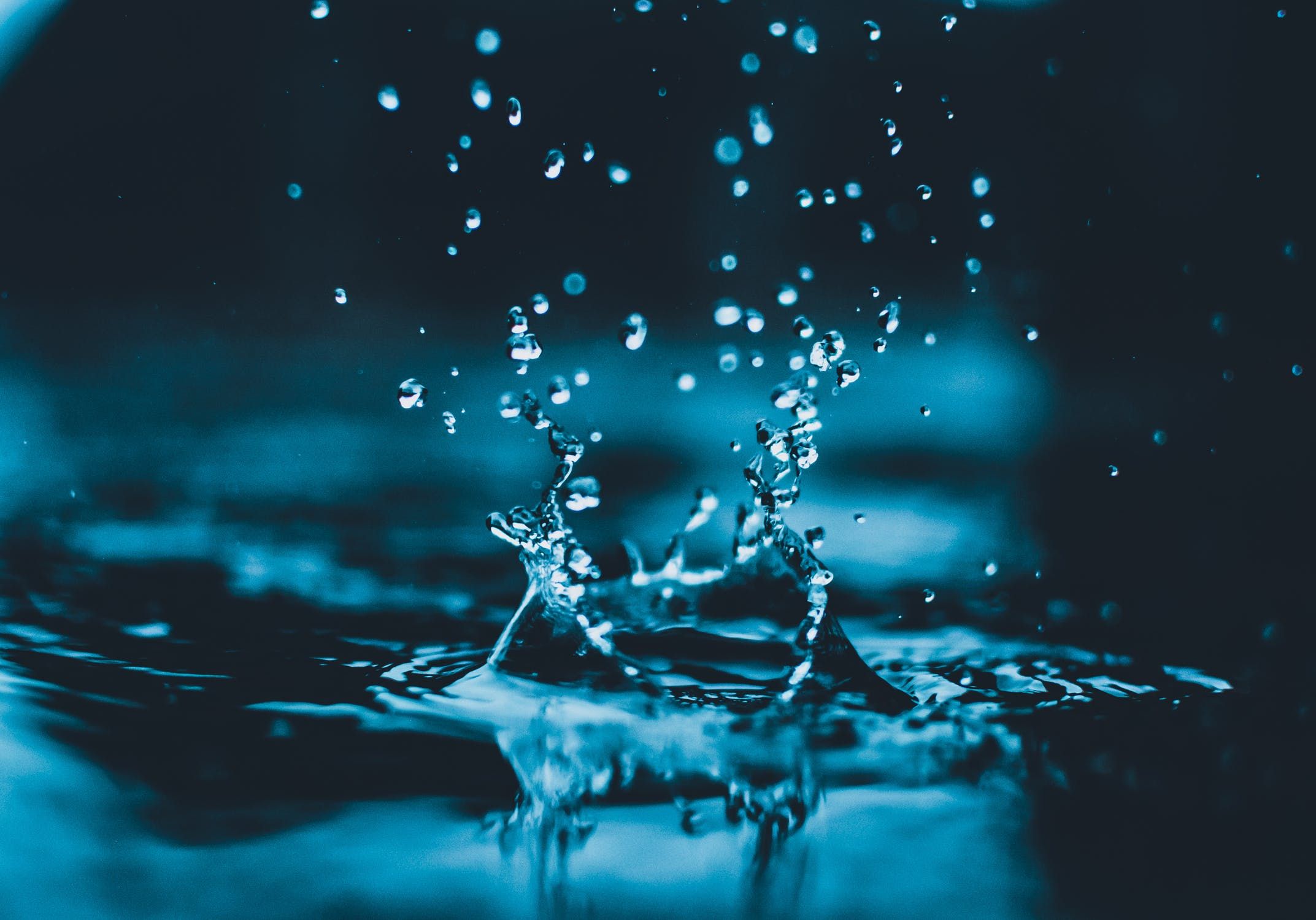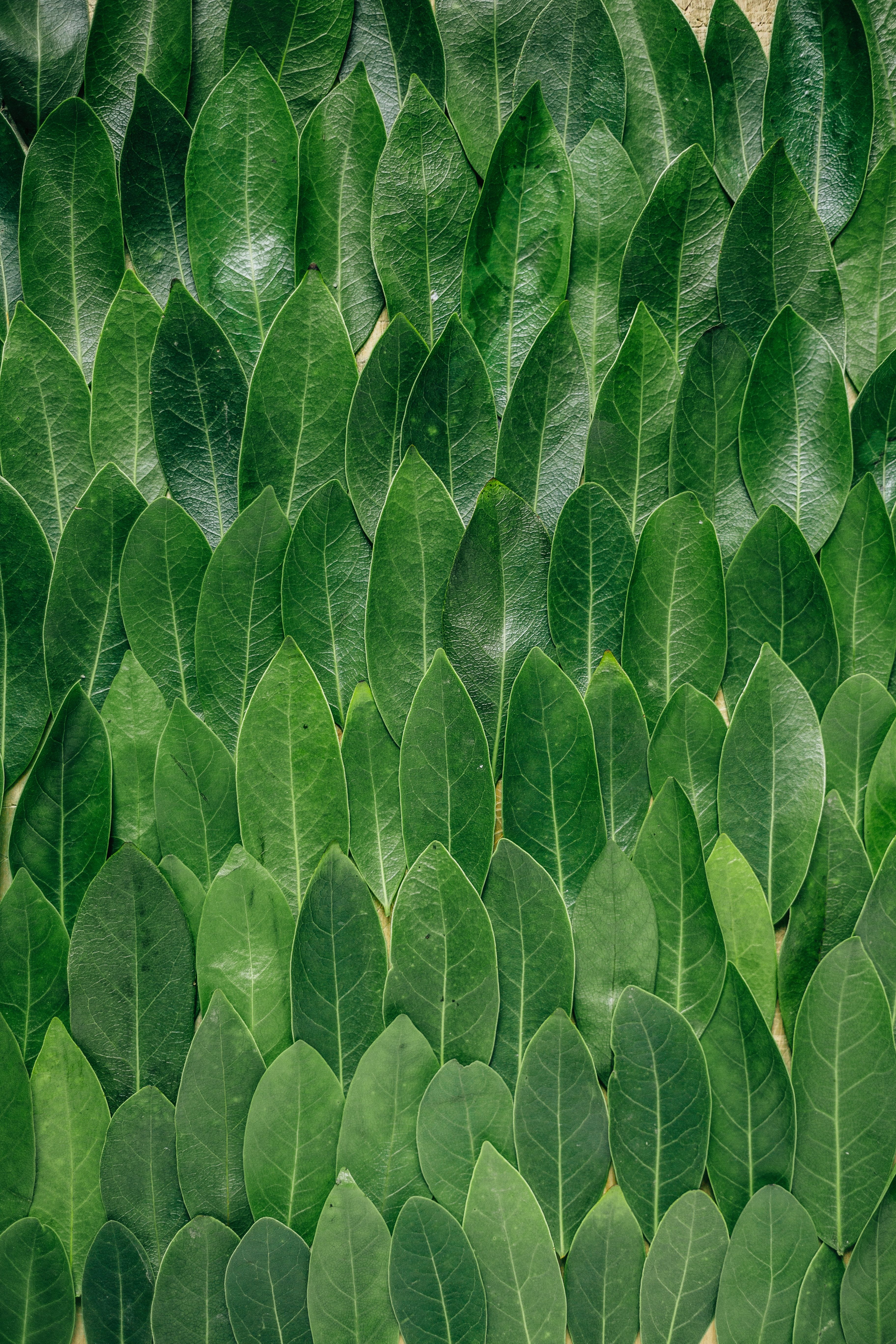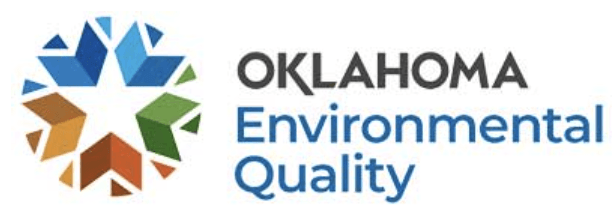
Saturdays with Shavara
What’s the deal with Water Waste
Happy first Saturday of spring green folks! As we move into the new season warmer temperatures are on the horizon, and with blooming trees and flowers beginning to reemerge our use of water is sure to increase. This past week we recognized EPA’s Fix a Leak Week, which brings attention to the pesky issue of water leaks and the resulting water waste that it contributes to. Water is an essential natural resource that is used in many areas of our lives, so it’s essential that we save and responsibly use it. We tend to forget that water is much scarcer than we think, with 71% of earth covered in water its surprising that 96% of that is saltwater or frozen in glaciers, which leaves us with roughly 2.5% that is drinkable freshwater. Those statics along with the fact that 663 million people don’t have clean and safe access to freshwater is where our role of being responsible environmental stewards comes in.
Water is one of the most important natural resources on earth because both plants and animals require it for survival. Those of us that live in more developed countries can often take for granted our water use because of how accessible it seemingly is. In the U.S. the agriculture market uses roughly 40% of our freshwater annually, and in private homes we use about 300 gallons of water per day. Water is used in ways we cannot always see as well; from partaking in fast fashion to taking a 30-minute shower, water waste is occurring. It takes around 700 gallons of water to produce just ONE cotton shirt, 240 gallons to manufacture the latest “must have” cell phone, and we can’t forget household leaks left unfixed. The water that seems so abundantly available in our homes is first purified at water treatment facilities requiring the use of the ever popular, but non-renewable resource fossil fuel. When we burn fossil fuel to create the energy necessary to purify the water we use in our homes we are by default increasing our carbon footprint, so any water that we waste has a domino effect on the environment. Water is literally at the center of sustaining life on this planet, and with freshwater not in endless supply we owe it to the large number of people that struggle to obtain freshwater to treat it like the precious resource that it is.
In truth most of us don’t realize we’re wasting water, and we certainly aren’t intentionally doing it like some evil water wasting villain. The truth is water can be wasted in high volumes when we water our lawns and don’t properly position the direction of the sprinkler, by not washing full loads of dishes or laundry, and when we choose not to turn off the sink while we brush our teeth. There are actually some very easy ways to minimize unnecessary water waste for all of those “unintentional times” that we indirectly use water. When you’re waiting for your water to warm you can keep a bucket handy to collect the cold water, which can be used for watering plants, soaking dishes or cleaning. When choosing plants for your spring garden opt for plant species native to the region you live in because they often require a more accurate amount of water for the climate. Fixing leaks around the home saves not only your wallet, but water you may not know you’re using. You can check for leaks in your toilet by putting a few drops of food coloring in the tank and watching to see if the color appears in the bowl, additionally opt for a low flow shower head which is great for saving water without having to drastically reduce shower time.
There are so many ways to reduce and save water that I could not cover (unless you wanted this post to be 20 pages long), but I implore you to discover the ones that are achievable in your daily life. The goal should not be to be a perfect water conservationist, but one who is continuously making progress. Being an environmental steward is about recognizing where we can improve and adjusting our actions; which can be taking a shorter shower, soaking dishes versus rinsing them, secondhand shopping for clothing to minimizes the water needed to make new clothes or monitoring your home for leaks and repairing them. When we do our part, we will always make a difference, so remember Reduce the amount of water you use, Reuse items that require water to be made, and Recycle clean water for watering plants.
KOB’s very own Blog Contributor,
Shavara J.
References:




